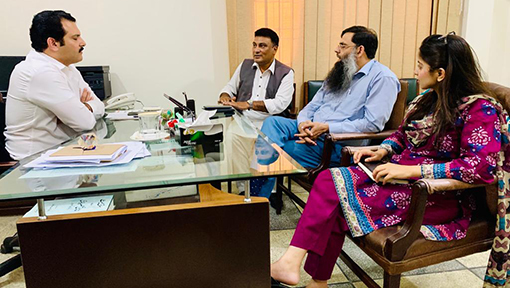Family Planning Champions and Gender
- Home
- Help and Support
- Close
- Toolkits
- Global Toolkit
- AYSRH Toolkit
- Hub Toolkits
- Core High-Impact Practices
- Gender Essentials Mini Course
- Close
- Resource Collection
- Community of Practice
- Coaching
- Log In/Register
- My Profile
- English
 Individual’s and couple’s decisions and behavior related to family planning are influenced by descriptive social norms – beliefs about what other people do – and injunctive social norms – beliefs about what other people approve or disapprove of.
Individual’s and couple’s decisions and behavior related to family planning are influenced by descriptive social norms – beliefs about what other people do – and injunctive social norms – beliefs about what other people approve or disapprove of.
Social norms define acceptable and appropriate actions within a given community or group. They are sustained and enforced by people whose opinions or behaviors matter to an individual (e.g., sexual partners, friends, peers, family members, religious or community leaders).
As a result, it is critically important to engage opinion leaders as champions to promote an enabling and supportive environment that promotes women’s and girls’ human rights in terms of access to sexual and reproductive health, education and economic opportunities.
Family planning champions can include:
- National and county leaders
- Religious leaders
- Opinion leaders
- Community health workers
- Health care service providers
- Satisfied contraceptive method users
- Youth leaders
They are found in different sectors of the community and play a variety of roles in advocating and promoting family planning. Their expertise, contacts, position of authority ,and social recognition and acceptance can help influence perceptions, attitudes and decisions, helping to support family planning programs. Their influence also extends to gender norms, which is why Family Planning Champions is considered a gender-intentional intervention.

Advocacy with Family Planning Champions

Working with Champions for the Promotion and Allocation of Resources Towards FP/AYSRH Programs

Sélection des Champions pour la promotion de la Planification Familiale (Champion PF/SSRAJ)

Family Planning/Child Birth Spacing Champions



